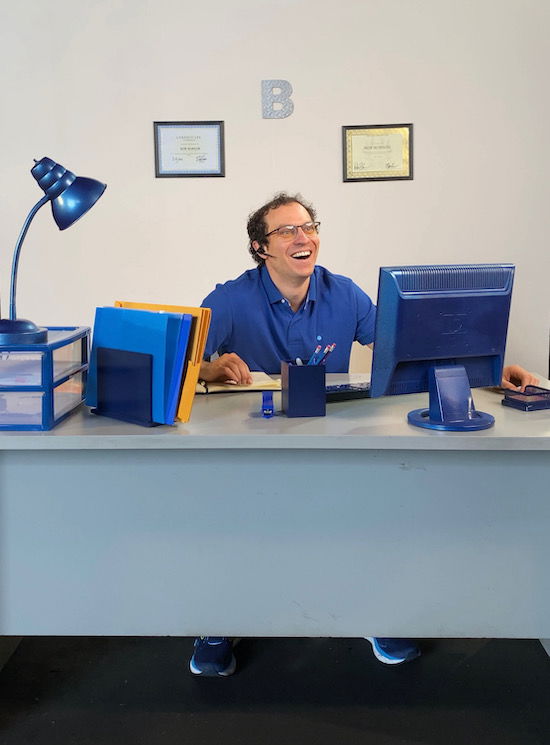
In homes built before the 1960s, galvanized plumbing pipe has been a popular material. Constructed of steel and coated with zinc, these pipes were engineered to resist rust and corrosion.
But as more and more people become more and more wary about water safety and lead poisoning, a lot of homeowners want to know one question: Do galvanized pipes contain lead?
Let’s delve into the truth about galvanized pipe water safety and what you need to know if your home still has these aging pipes.
What Are Galvanized Pipes?
Galvanized pipes are steel pipes that have been covered by a layer of zinc to help prevent rusting. It extends the lifespan of the pipe by decades and was something you would typically see in both homes and businesses before copper and new plastics came into the scene.
The zinc-coated material used to make galvanized plumbing pipes was revolutionary enough at the time, but it is rapidly being replaced by more contemporary and effective materials like copper. New materials and technologies have made plumbing pipe installation simpler and more effective in the decades that have followed. The majority of the recent advancements have been in the area of cleaning old galvanized plumbing pipes.
It's also critical to remember that, although there may be some obvious concerns regarding these pipes, older homes may also have several hidden risks that are just a result of having this type of plumbing.
So, Do Galvanized Pipes Contain Lead?
The answer is: not originally but they can accumulate it.
Galvanized pipes themselves do not contain lead as a primary material. However, the issue lies in their ability to absorb and retain lead from other sources, such as:
- Older lead service lines that fed water into the galvanized pipes
- Lead-based solder used in older plumbing systems
- Corroded plumbing components containing lead upstream
Over time, galvanized pipes can trap lead particles within their internal corrosion and sediment buildup. These particles can later break off and contaminate the water supply, especially during pressure changes, renovations, or pipe replacements.
Risks Associated with Galvanized Pipe Water
Water that travels through aging galvanized pipes may:
- Contain elevated levels of lead, especially if the system was ever connected to lead pipes.
- Have discoloration due to rust and sediment.
- Develop a metallic taste or odor.
- Deliver lower water pressure from narrowed, corroded pipe interiors.
These issues are more common in homes over 60 years old or in buildings that have not had their plumbing systems updated.
Summary Table: Lead Risk from Galvanized Pipes
| Factor | Lead Risk |
|---|---|
| Original galvanized pipe material | ✅ Does not contain lead |
| Connected to historic lead service lines | ⚠️ High risk of accumulated lead |
| Sediment/corrosion buildup inside the pipe | ⚠️ Can store and release lead over time |
| Modern plumbing with no lead connections | ✅ Low risk if well-maintained |
What Should Homeowners Do?
If you have doubts about whether your house might have galvanized plumbing pipes, here are a few things to consider:
- Test your water for lead, especially if your home was built before 1986.
- Give your plumbing a visual checkup for evidence of pipe decay or corrosion.
- Talk to a licensed plumber about the advantages of replacing galvanized pipes with contemporary materials, such as copper or PEX.
- Use a water filtration device that is certified to remove lead, such as certain water pitchers or filters, as a short-term fix.
Endnote
While galvanized pipe water might not have started out being a problem, decades of being chained to a lead-containing system can cause them to become a serious threat. If your home has galvanized water pipes, lead contamination of your water is a concern you need to be aware of and take steps to prevent to ensure the health of your family.
Disclaimer
This material is for informational purposes only and is not intended to be, nor shall it be interpreted as, medical, plumbing, legal, or environmental advice. For information about your plumbing system and water quality, contact a licensed plumber or water quality expert.








